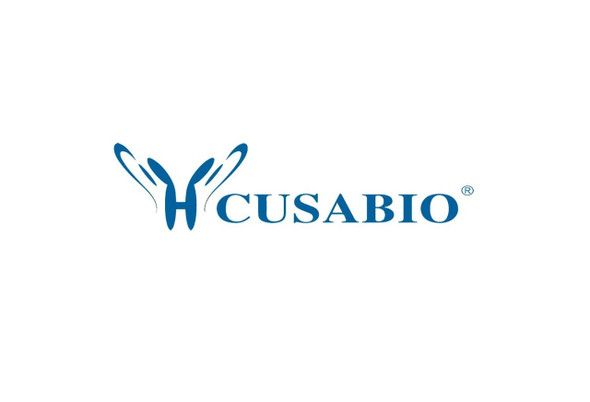Cusabio Polyclonal Antibodies
Phospho-XIAP (Ser87) Antibody | CSB-PA548634
- SKU:
- CSB-PA548634
- Availability:
- 3 to 7 Working Days
- Size:
- 100ul
Description
Phospho-XIAP (Ser87) Antibody | CSB-PA548634 | Cusabio
Phospho-XIAP (Ser87) Antibody is Available at Gentaur Genprice with the fastest delivery.
Online Order Payment is possible or send quotation to info@gentaur.com.
Product Type: Polyclonal Antibody
Target Names: XIAP
Aliases: API3; BIR4; BIRC4; IAP3; X-linked IAP
Background:
Multi-functional protein which regulates not only caspases and apoptosis, but also modulates inflammatory signaling and immunity, copper homeostasis, mitogenic kinase signaling, cell proliferation, as well as cell invasion and metastasis. Acts as a direct caspase inhibitor. Directly bind to the active site pocket of CASP3 and CASP7 and obstructs substrate entry. Inactivates CASP9 by keeping it in a monomeric, inactive state.
Huang X, Wu Z, Mei Y, Wu M (2013) EMBO J 32, 2204-16. Bornhauser BC, et al. (2007) Blood 110, 2084-91.Dan HC, et al. (2004) J Biol Chem 279, 5405-12.
Isotype: IgG
Conjugate: Non-conjugated
Clonality: Polyclonal
Uniport ID: P98170
Host Species: Rabbit
Species Reactivity: Human, Mouse, Rat
Immunogen: Peptide sequence around phosphorylation site of serine87 (K-V-S (p) -P-N) derived from Human XIAP .
Immunogen Species: Human
Applications: ELISA, WB
Tested Applications: ELISA, WB;WB:1:500-1:1000
Purification Method: Antibodies were produced by immunizing rabbits with synthetic phosphopeptide and KLH conjugates. Antibodies were purified by affinity-chromatography using epitope-specific phosphopeptide. Non-phospho specific antibodies were removed by chromatogramphy using non-phosphopeptide.
Dilution Ratio1: ELISA:1:2000-1:10000
Dilution Ratio2: WB:1:500-1:1000
Dilution Ratio3:
Dilution Ratio4:
Dilution Ratio5:
Dilution Ratio6:
Buffer: Rabbit IgG in phosphate buffered saline (without Mg2+ and Ca2+), pH 7.4, 150mM NaCl, 0.02% sodium azide and 50% glycerol.
Form: liquid
Storage: Upon receipt, store at -20°C or -80°C. Avoid repeated freeze.
Initial Research Areas: Cell Biology
Research Areas: Cancer;Cell biology;Metabolism






